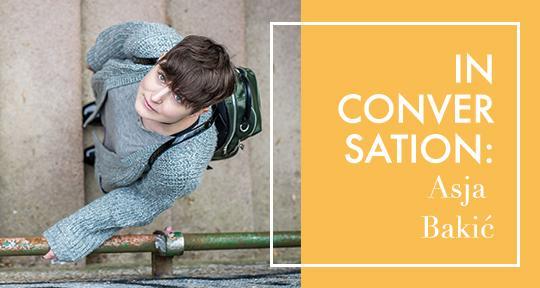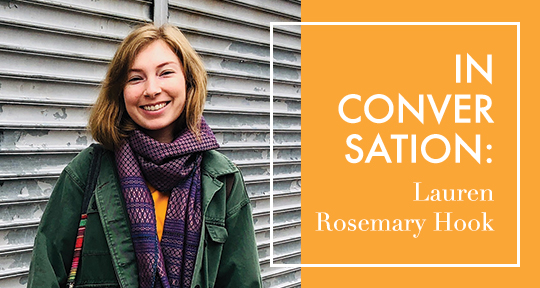Mars by Asja Bakić, translated from the Croatian by Jennifer Zoble, Feminist Press, 2019
From a journalist reporting from inside a cult village to children who are convinced their neighbor is a forest monster, the characters portrayed in Mars, the debut short story collection by Bosnian poet, writer, and translator Asja Bakić, are forced to figure out how to survive in their strange realities. Bakić, playing a role reminiscent of Rod Serling in “The Twilight Zone,” carefully pushes aside the curtain on these parallel universes to underscore the uncanniness of everyday life. Each story in the collection takes place in a world that looks and feels familiar at first, but becomes stranger and more foreign the longer you spend in it.
Bakić was born in Tuzla, Bosnia, where she obtained a degree in Bosnian language and literature, two themes deeply explored in the collection. Mars, originally published under the same title in 2015, was shortlisted for the Edo Budiša Award. The stories shift seamlessly in genre from science fiction to dystopian horror, and Bakić deftly combines aspects of speculative fiction and realism to form a cohesive collection that explores universal issues. Bakić has a unique, perceptive voice and was selected as one of Literary Europe Live’s New Voices in 2017. Her work has been translated into seven languages. She currently lives and works in Zagreb, Croatia. READ MORE…



